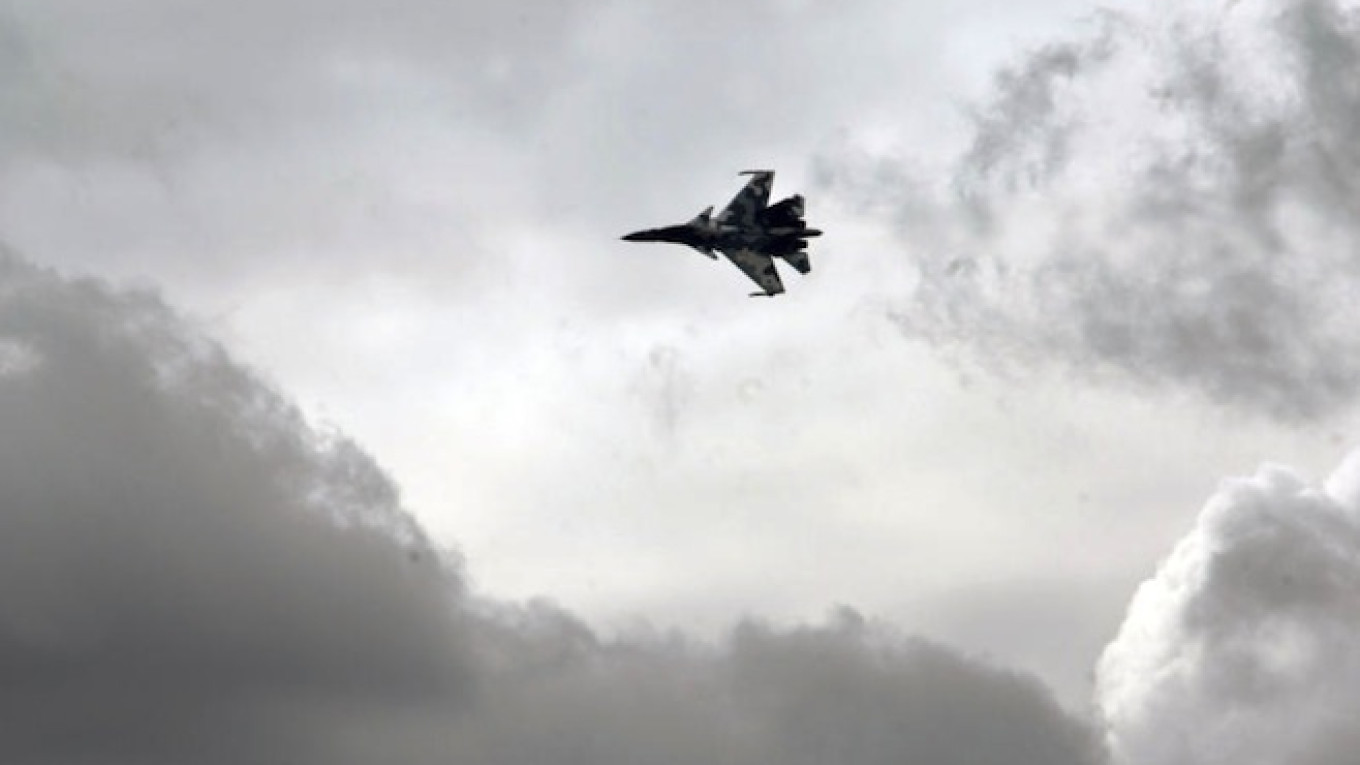Russia and Algeria have signed a contract for the sale of 14 Russian-made Sukhoi fighter jets, Sergei Chemezov, the head of Russian defense technology holding Rostec, said Friday at a Russian arms trade fair, the RIA Novosti news agency reported.
Algeria is one of Russia's biggest defense customers and already has 44 of Russia's heavy multi-role Su-30MKI fighter jets in service. A total of 28 of the planes were delivered under a 2006 contract, and 16 more were delivered under a 2010 contract.
According to Chemezov, the latest Algerian Su-30 contract was signed this spring. He did not explain why the deal was not announced until now. No price for the contract was given, but the reported cost of a Su-30MKI fighter stands at 2 billion rubles ($30 million) per unit.
Chemezov, speaking at the 2015 Russian Arms Expo in the Ural Mountains city of Nizhny Tagil, said the Algerians should receive their fighters in 2016 and 2017.
The deal was the second contract announced in the past week for new Su-30 fighters, which are manufactured by the Irkut aircraft company, a subsidiary of the larger state-owned United Aircraft Corporation.
On Tuesday, Deputy Defense Minister Yury Borisov announced that the Russian military had signed an agreement with Irkut for eight of the newer variants of the fighter jet, known as the Su-30SM.
Borisov, head of procurements for the Russian military, said the two sides were preparing to sign a 75-fighter contract by the end of the year. Irkut is expected to complete deliveries under a 2011 contract for 60 of the Su-30SM fighters.
With orders flooding in, Chemezov said Irkut will produce over 60 aircraft this year, setting a record for the company's post-World War II production rate, the Lenta.ru news site reported Friday.
A Message from The Moscow Times:
Dear readers,
We are facing unprecedented challenges. Russia's Prosecutor General's Office has designated The Moscow Times as an "undesirable" organization, criminalizing our work and putting our staff at risk of prosecution. This follows our earlier unjust labeling as a "foreign agent."
These actions are direct attempts to silence independent journalism in Russia. The authorities claim our work "discredits the decisions of the Russian leadership." We see things differently: we strive to provide accurate, unbiased reporting on Russia.
We, the journalists of The Moscow Times, refuse to be silenced. But to continue our work, we need your help.
Your support, no matter how small, makes a world of difference. If you can, please support us monthly starting from just $2. It's quick to set up, and every contribution makes a significant impact.
By supporting The Moscow Times, you're defending open, independent journalism in the face of repression. Thank you for standing with us.
Remind me later.


